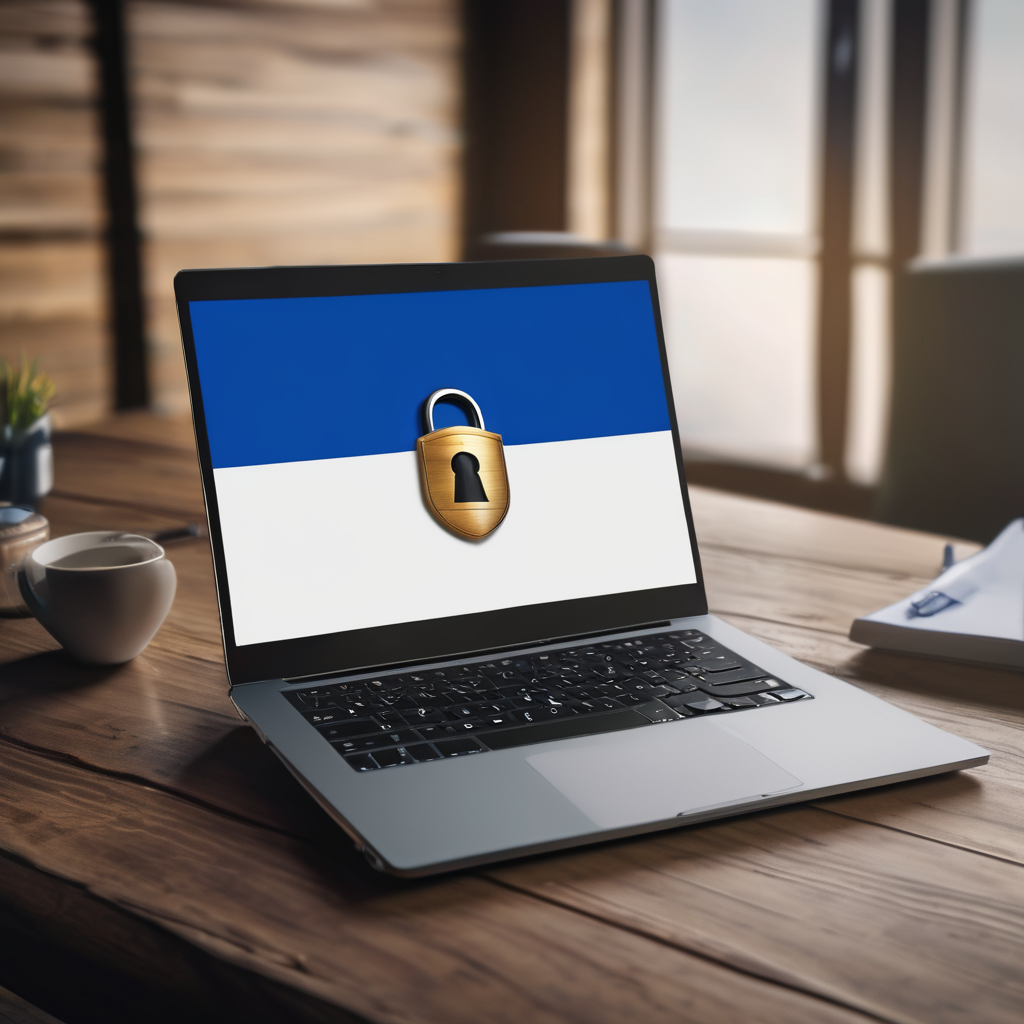Fiji is set to significantly strengthen its cybersecurity framework by signing the United Nations Convention against Cybercrime, a strategic move aimed at reinforcing national policies and enhancing international cooperation to combat online threats, particularly child exploitation. This initiative was announced by Prime Minister and Acting Minister for Communications Sitiveni Rabuka during a parliamentary session, where he addressed inquiries from Assistant Minister for Justice Ratu Josaia Niudamu.
Rabuka highlighted that Fiji has been an active participant in global discussions on cybercrime for the past three years, leading to the adoption of this pivotal UN treaty last Christmas Eve, marking the first significant criminal justice treaty in over two decades. The Prime Minister emphasized the country’s dedication to protecting human rights while addressing the threats posed by cybercrime.
As part of the strategy to implement this treaty, the Fijian government will embark on considerable legislative reforms to align its national laws with both the UN Convention and the additional protocol of the Budapest Convention, which Fiji joined last year. Rabuka mentioned the importance of receiving guidance from the Council of Europe throughout this process and indicated plans to present ratification proposals to Parliament soon.
The signing of the UN Convention is anticipated to enhance Fiji’s digital forensics capabilities, foster cross-border collaboration, and improve protections for citizens and businesses against cyber threats. Rabuka also stressed the necessity of integrating victims’ rights, as specified in the Convention, into national legislation and policies.
Fiji’s recent achievements, including being the first Pacific Island nation to sign the Second Protocol of the Budapest Convention, showcase the nation’s commitment to establishing a solid cybersecurity framework and its ambition to lead the region in the fight against cybercrime. These efforts are further bolstered by collaborations with international partners aimed at upgrading investigative skills and enhancing rapid response mechanisms to cyber incidents.
This collective endeavor paints a hopeful picture for Fiji’s cybersecurity landscape, providing reassurance for a safer digital environment not only for Fiji but also for its Pacific neighbors. By aligning with global standards and strengthening regional partnerships, Fiji is demonstrating its resolve to effectively tackle the challenges of cyber threats.
